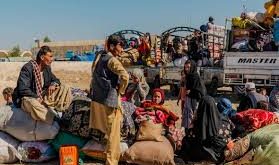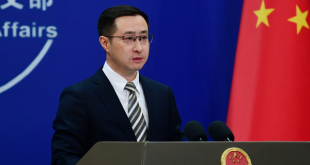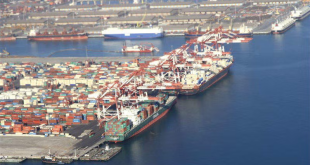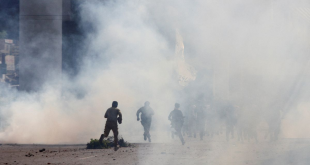The Afghan and US officials including some regional countries have received all time very cold shoulder from Pakistani officials in the fight against terror. Afghan officials have long been frustrated by what they see Pakistan’s reluctance to act against various terrorist groups, including the Taliban, the notorious Haqqani terrorist network, and other terrorist outfits, enjoying safe havens and training centers in Pakistan. Instead of eliminating these terrorist groups, Pakistan has been supporting and harboring them on its soil to launch terrorist attacks in Afghanistan. Constantly, we have heard from Pakistani authorities that they do not support terrorism, but the fact is that Pakistan’s support of militants is carefully crafted national security strategy. Pakistan’s military and political class on different occasion obsessed over gaining ‘strategic depth’ in Afghanistan, and that’s why, they have taken terrorism as weapons to reach its evil goals. More clearly, the aim of Islamabad’s strategic depth policy is to turn Afghanistan into a client state that is beholden to Pakistan—something never to be happened. This is very wrong and deadly attitude. The release of Hafiz Saeed, the mastermind of Mumbai-terror attack is a clear step toward backwardness by the Pakistani officials in the war on terror. Senior US officials, including Secretary of State Rex Tillerson said they have not seen a change in Pakistan’s support for terrorist. “We have been very direct and very clear with Pakistanis…we have not seen those changes implemented yet,” General John Nicholson, the top US general in Afghanistan said recently. But as usual to play double games, Pakistani officials pushed back on the US saying, claiming it has done a great deal to help the United States in tracking down terrorists. Even they claim that there is no terrorist hideouts, it looks like a joke as we know where militant leaders were killed and where they are now. There are several evidences showing Pakistan is the Godfather of the militants. Mullah Omar, the reclusive leader of the Taliban, died in one of Karachi’s hospitals. Osama bin Laden the mastermind of 9/11, and several deadly attacks in Afghanistan, was killed again in Pakistan. Mullah Akhtar Mansoor, the successor of Mullah Omar, killed again in Pakistan in the very nose of military officials who have been thumping their chests and boldly denies militant’s hideouts in Pakistani soil. Very shameful claim when everything is visible. Keeping in view the above mentioned facts, the new Taliban leader, Mullah Obaidullah Akhund is also in Pakistan, if not 100 percent but surely 99 percent. Moreover, the deadly terrorist attacks in Kabul that killed and wounded more than 700 Kabul residents, was also designed by militants enjoying safe havens in Pakistan. The strongest fact is that Pakistan’s new prime minister, Shahid Khaqan Abbasi admitted that three or four insurgents entered Afghanistan from Pakistan and carried out the deadly May truck bombing in Kabul. Now everything is on the table, make justification on basis of reality and evidences. On Tuesday, US Secretary of Defense James Mattis visited Pakistan and has reiterated that Pakistan must redouble its efforts to confront militants and terrorists operating and harboring within that country. But at somehow it is irrational to think that Pakistan will act against terrorists. Furthermore, time will prove it if it is rational. Meanwhile, National Security Advisor, Haneef Atmar in a meeting with Deng Xijun, the special representative of China for Afghanistan and Pakistan, said regional and global countries have shared interest and common enemy in Afghanistan, thus for suppressing enemy and achieving the shared benefits, there is a dire need for sincere cooperation in this regard. One thing is for must that when there is regional consensus; Pakistan would leave with no other option but to shun backing militants. Regional countries, especially, China and Russia could play a very constructive role in ending the prolong war in Afghanistan by pressurizing Pakistan to turn around its project of regional and international terrorism that has been posed serious threat to regional and global peace and security.
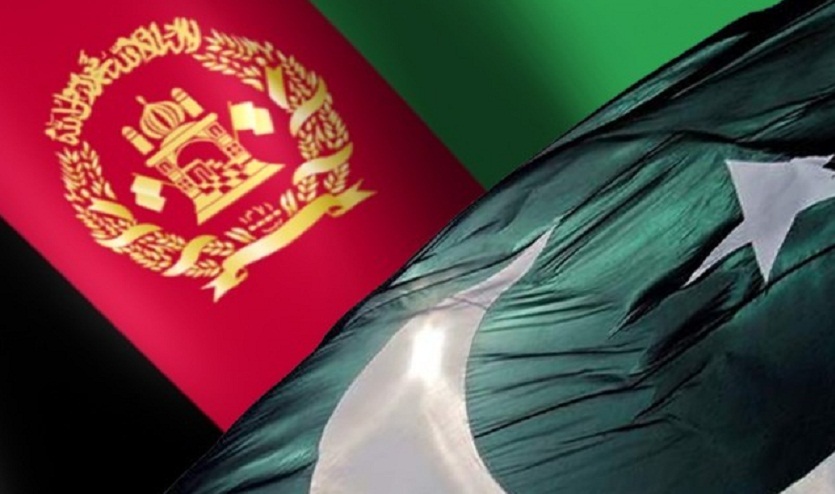
 Afghanistan Times Latest News and Analysis from Afghanistan and the Region
Afghanistan Times Latest News and Analysis from Afghanistan and the Region
